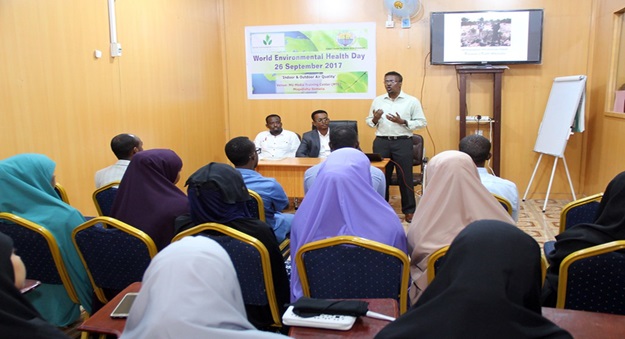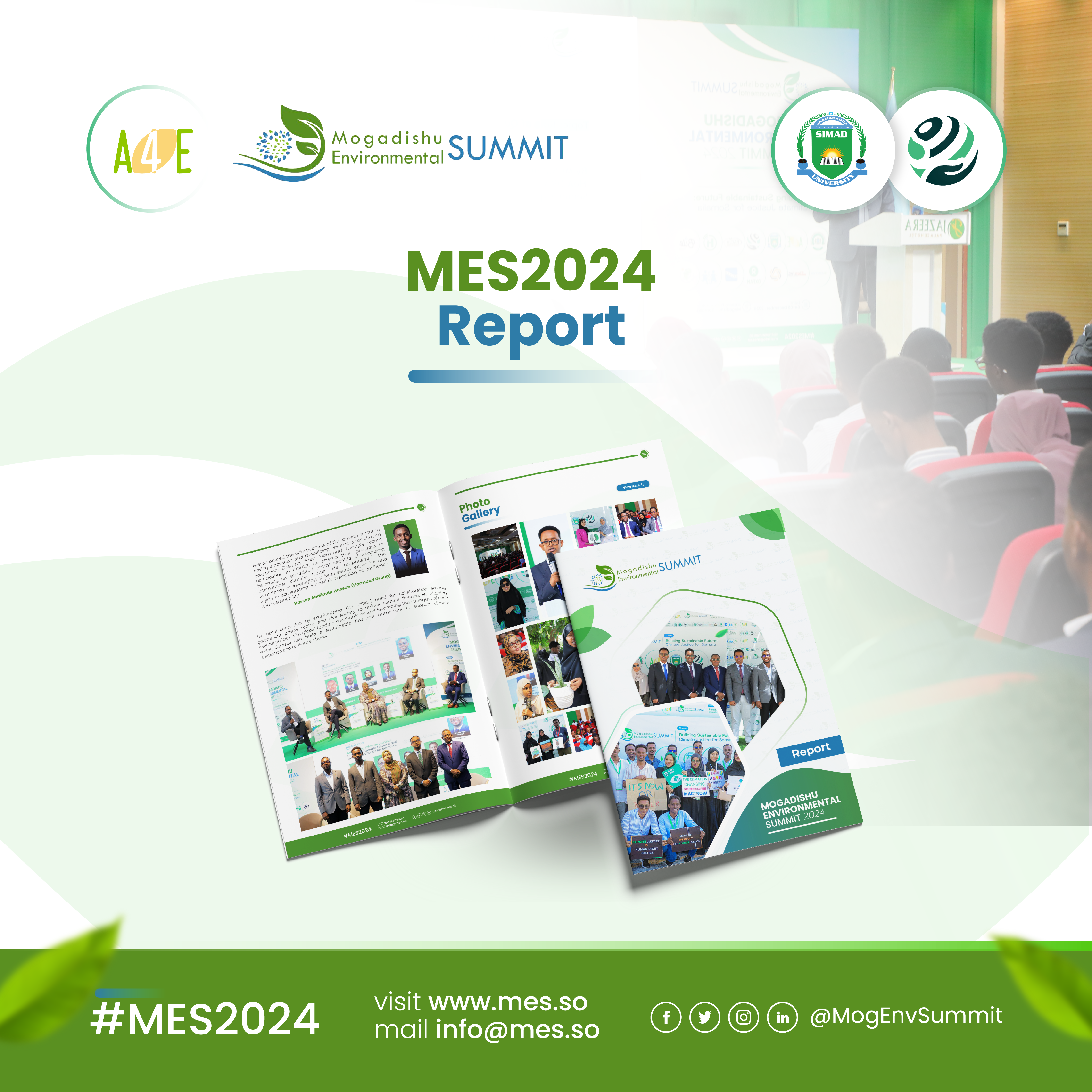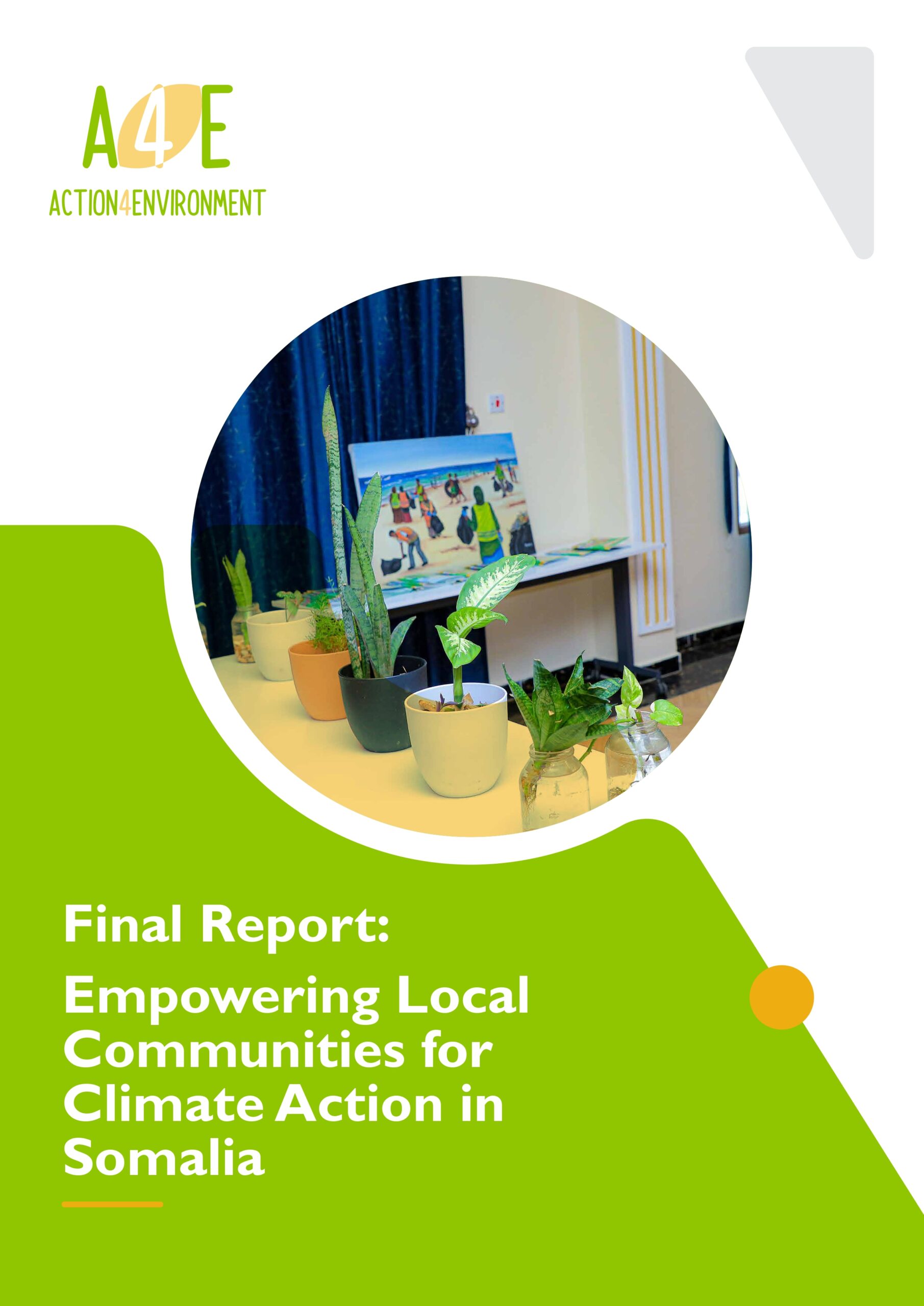Action for Environment (A4E), previously known as Somali Environmental Conservation, conducted a crucial environmental awareness training focused on air quality, both indoors and outdoors, on September 26, 2017. This training was aimed at addressing the significant impacts of air quality on health and the environment, highlighting the disproportionate effects on vulnerable groups such as the poor, the elderly, and children.
The session engaged participants in comprehensive discussions about the various ways in which poor air quality affects human health and extends its impact beyond personal spaces to wider environmental concerns. Topics covered included the direct health implications of air pollution, its detrimental effects on agricultural crops, and its broader contribution to global issues like climate change. These discussions were enriched with questions and interactive dialogue to enhance understanding and engagement among attendees.
One of the key objectives of the training was to educate the community about the sources of air pollution and the practical steps that can be taken to improve air quality in and around their homes. The training emphasized the importance of collective action and community involvement in tackling air pollution, proposing solutions that households can implement to mitigate their contribution to the problem.
To build on the knowledge shared during the training, A4E recommended the implementation of local projects aimed at monitoring air quality and reducing pollution sources. These initiatives could involve community-based monitoring techniques and local clean air campaigns to promote behaviors that contribute to better air quality.
In conclusion, the environmental awareness training on air quality hosted by A4E was an essential step towards empowering communities with the knowledge to identify and mitigate the impacts of air pollution. By continuing such educational initiatives, A4E fosters a proactive approach to environmental stewardship, encouraging community-driven actions that contribute to healthier living environments and broader ecological benefits.






